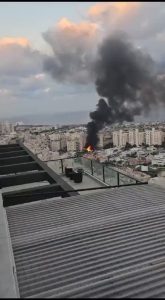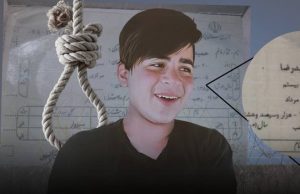The International Atomic Energy Agency (IAEA), after a meeting with Tehran, said on Saturday that it would not be possible to revive the 2015 nuclear deal between Iran and other global powers till Tehran finds a solution to its issues with the IAEA.
IAEA chief Rafael Grossi had flown to Tehran late on Friday evening for the meeting, and said, “It is important to have this understanding … to work together, to work very intensively … There are still matters that need to be addressed by Iran.”
Also read | Russia blames Ukraine for ‘holding’ foreign nationals, plans evacuation
“Without resolving these [outstanding] issues, efforts to revive the JCPOA [the Joint Comprehensive Plan of Action] may not be possible,” Grossi added.
Iran, for its part, said on Saturday that it would sort out its issues with the UN‘s nuclear watchdog and furnish all requested details about its nuclear programme by the end of June 2022.
“We have agreed to provide the IAEA by the end of [the Iranian month of] Khordad [June 21] with documents related to outstanding questions between Tehran and the agency,” said Mohammad Eslami, the chief of Iran’s nuclear programme, after the meeting with the IAEA chief.
Also read | Emmanuel Macron calls for emergency UNSC meet on nuclear safety in Ukraine
A long-standing issue in Iran’s attempts to revive the nuclear deal has been the identification of traces of uranium found at old, undeclared sites in the country. While Iran wants the IAEA and the West to drop the issue, the West maintains that it is an issue that is separate to Iran’s nuclear deal.
The IAEA too has sought answers from Iran regarding said uranium traces, and it is understood that if Tehran clarifies the IAEA’s doubts, the revival of the nuclear pact could be on the table again.






